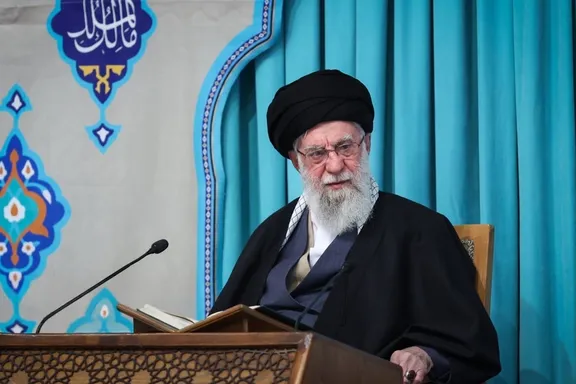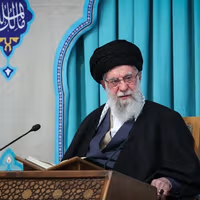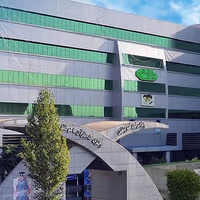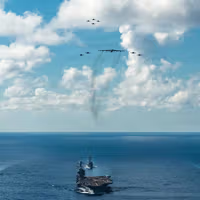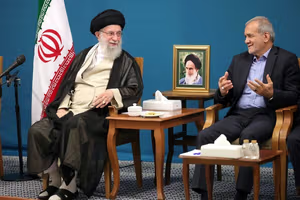In an interview with the Iranian parliament-affiliated Khaneh Mellat news agency, Ahmad Nejatian, the head of Iran's Nursing Organization, said the requirement to restrict marriage or childbearing was “illegal and unethical” and added that “it must be addressed.”
“Around 70 percent of the country’s nurses are women, and most of them are of childbearing age, and these individuals have the right to marry, become mothers, and benefit from their legal entitlements,” he said.
Nejatian said staffing shortages during maternity leave were the main driver behind the clinics’ demands. “In some hospitals, up to 30 percent of staff are on maternity leave at the same time, and this shortage makes the situation more difficult,” he said.
He said pregnant nurses are typically moved away from high-risk units such as intensive care, operating rooms, and departments with radiation or infectious exposure. Nejatian said the reassignment is “a natural and necessary action,” but without replacement staff, “additional pressure is placed on the healthcare system.”
Nejatian urged the government to allow temporary hiring during maternity leave, saying: “The absence of even one nurse in medical settings can place significant pressure on other staff.”
In October, Ghasem Aboutalebi, head of the Nursing Organization’s Supreme Council, said Iran faces a shortage of 165,000 nurses, with a nurse-to-bed ratio of 0.9, compared with a target of 1.8 under the country’s six-year development plan.
The shortage is worsened by excessive workloads, delayed or insufficient pay, insecure employment, short-term contracts, and the growing exodus of skilled nurses seeking better opportunities abroad.
Nurses across Iran have repeatedly protested over pay, heavy workloads, insecure contracts and chronic understaffing.

